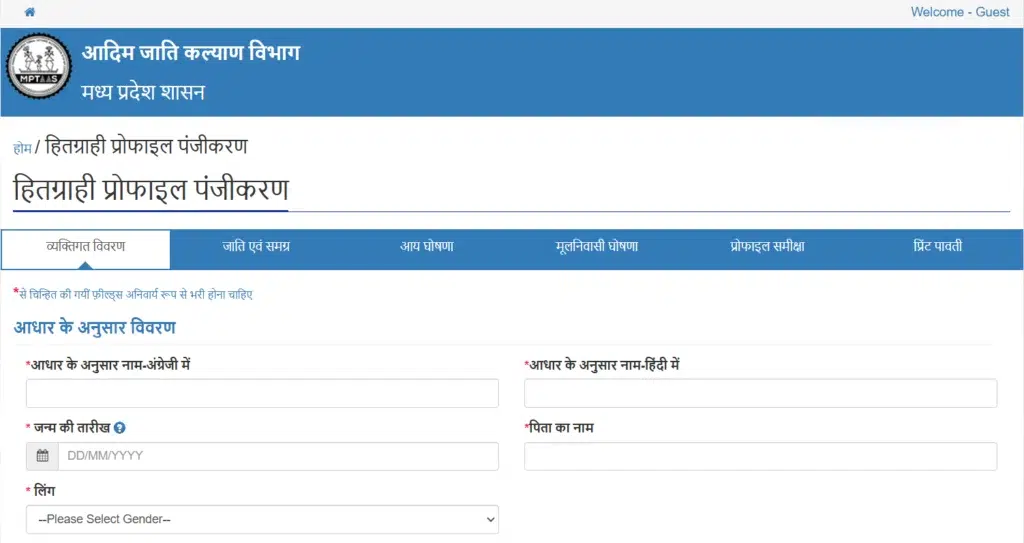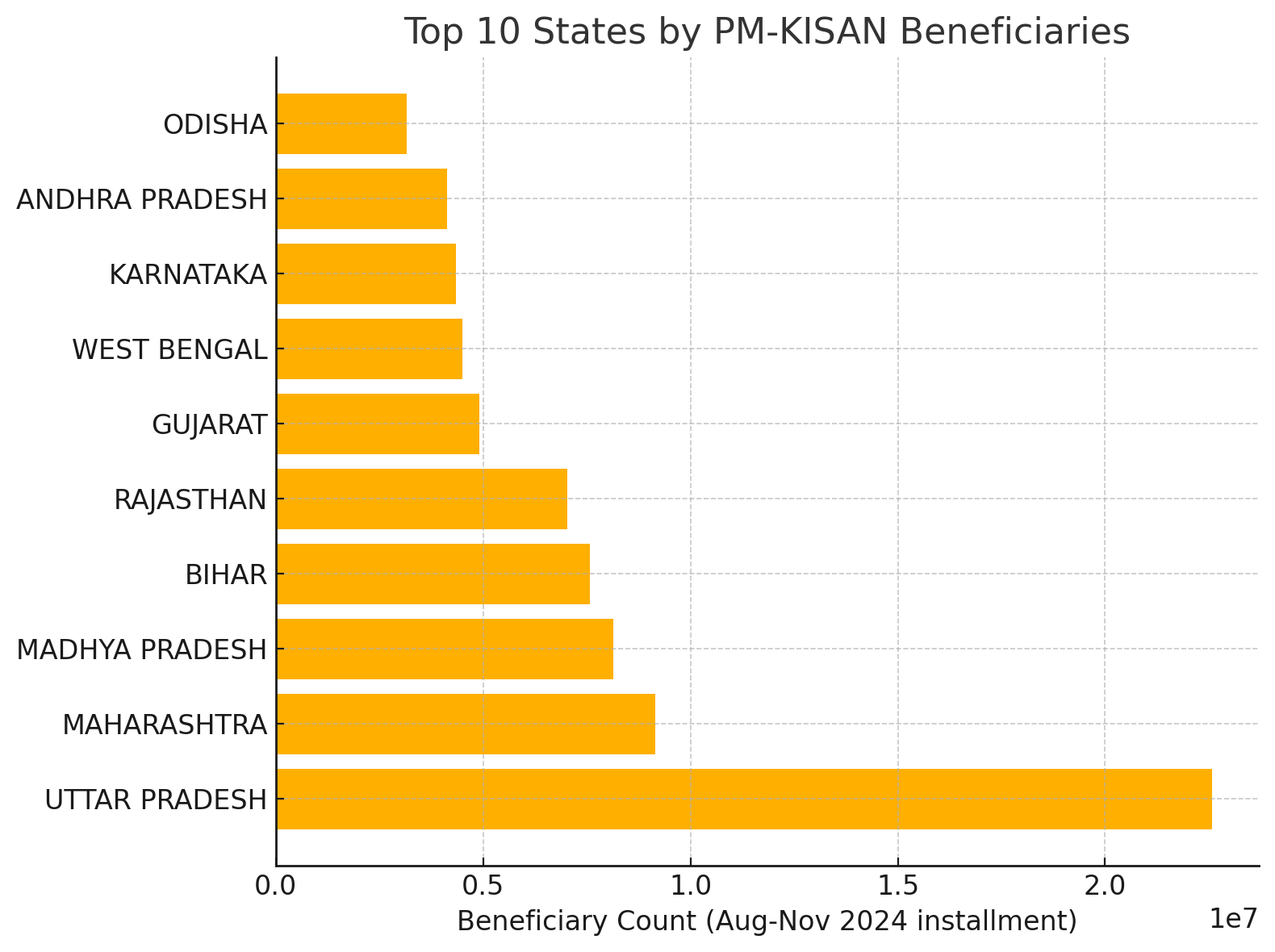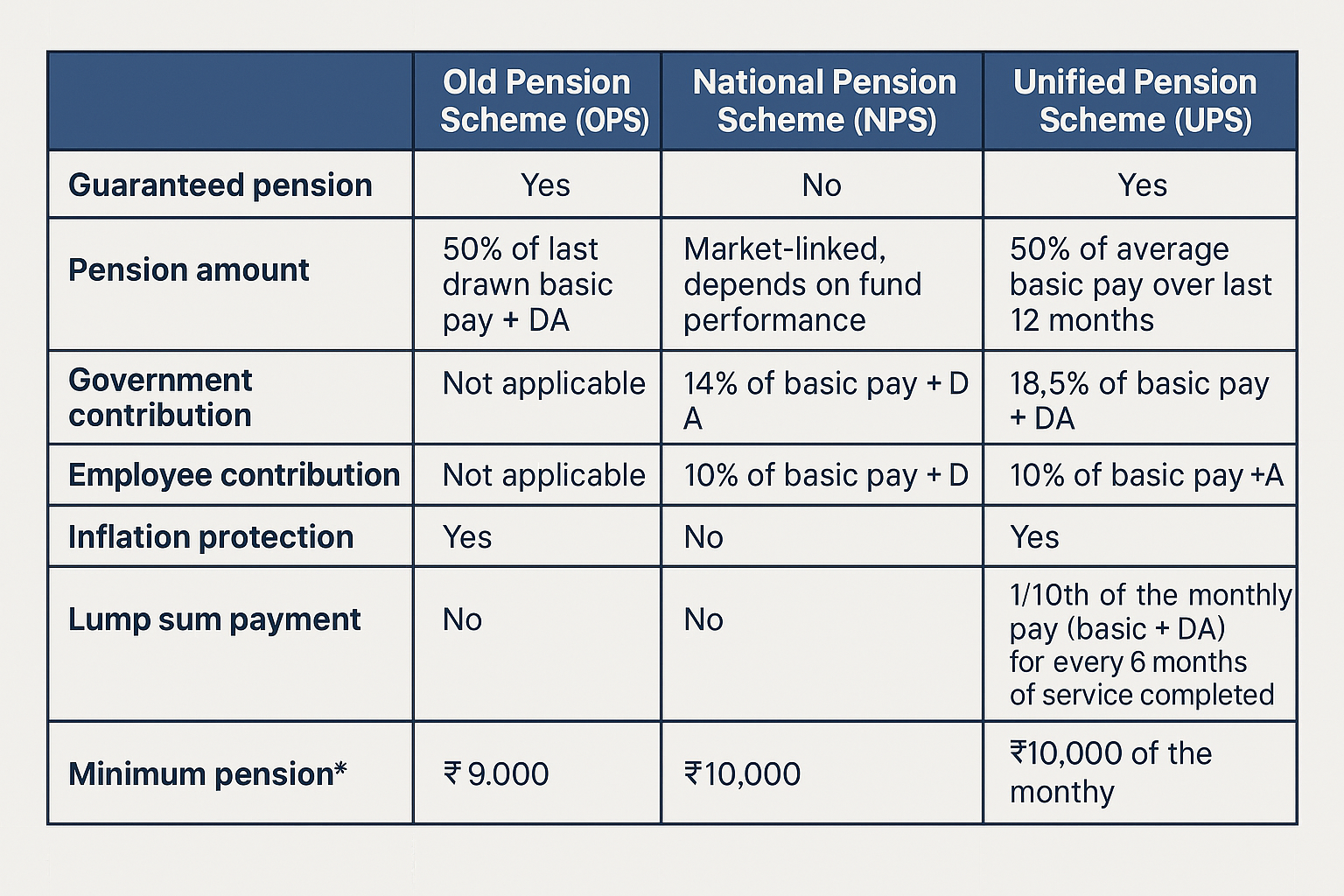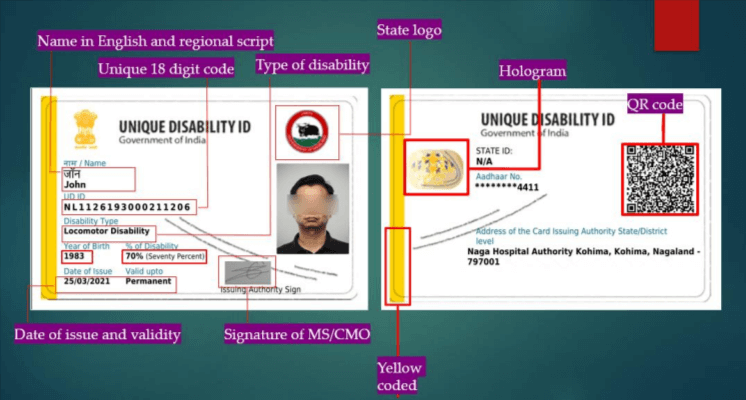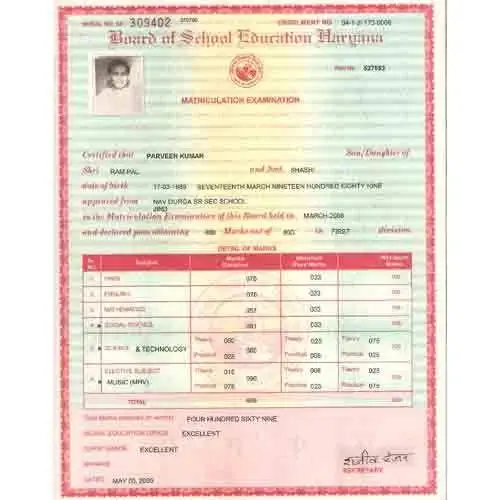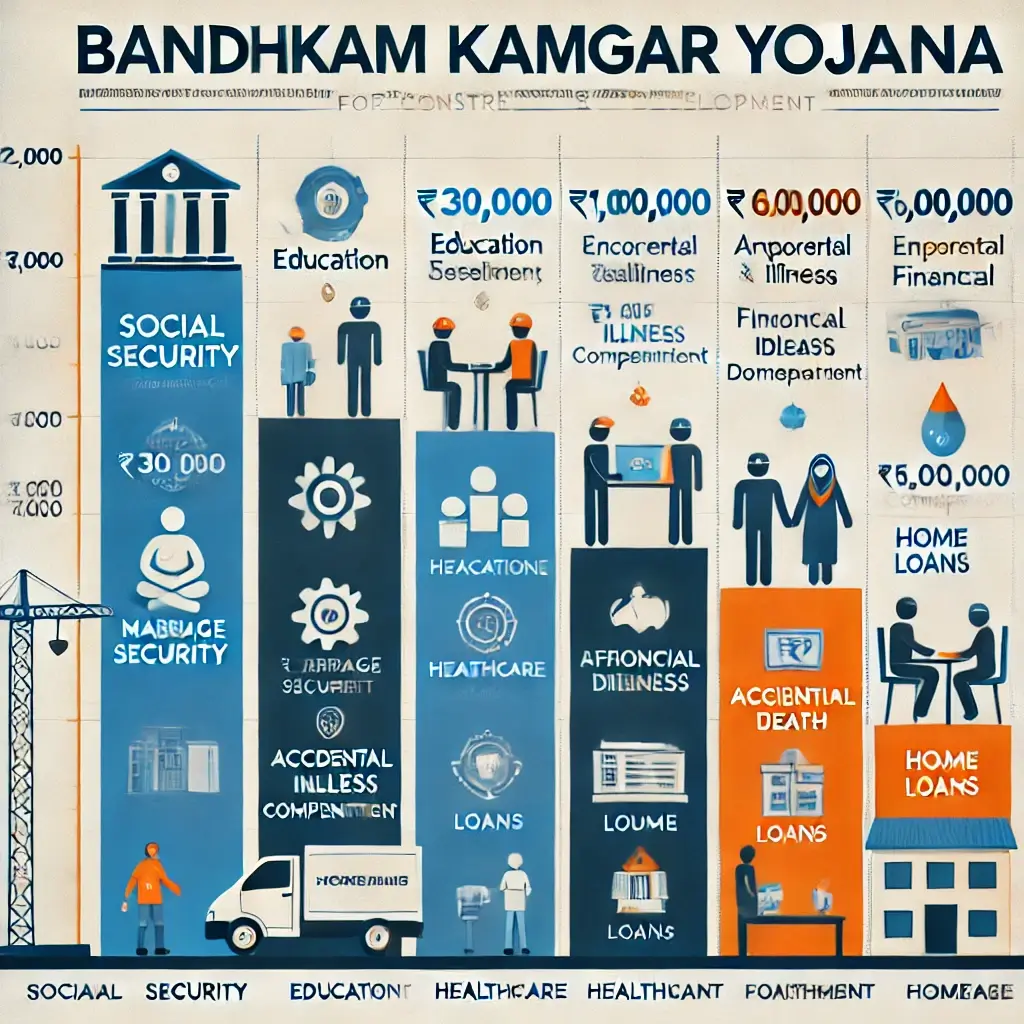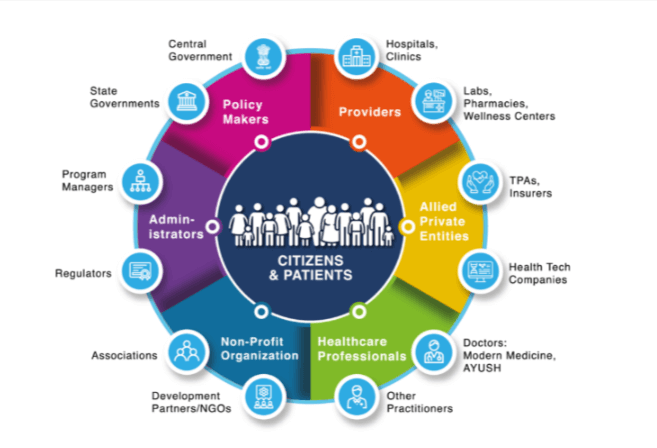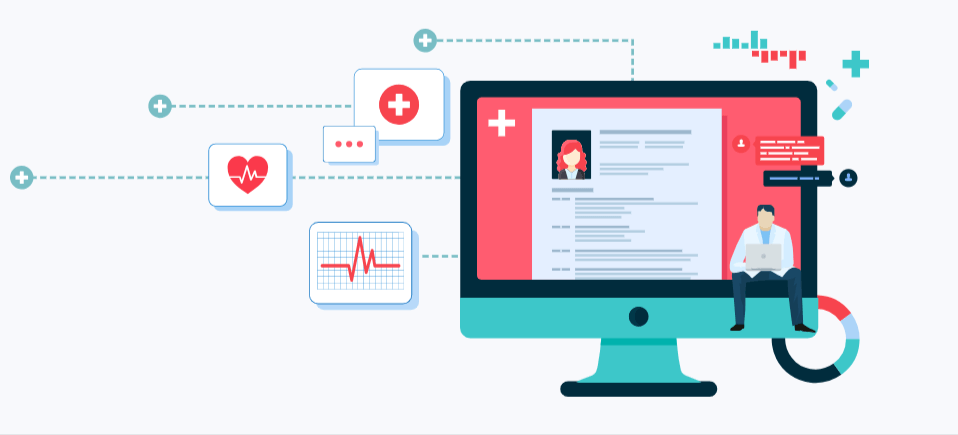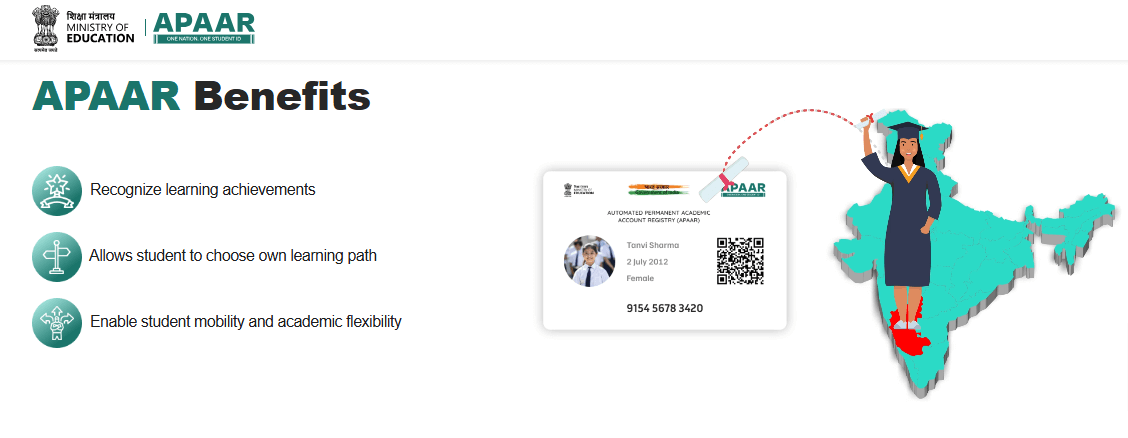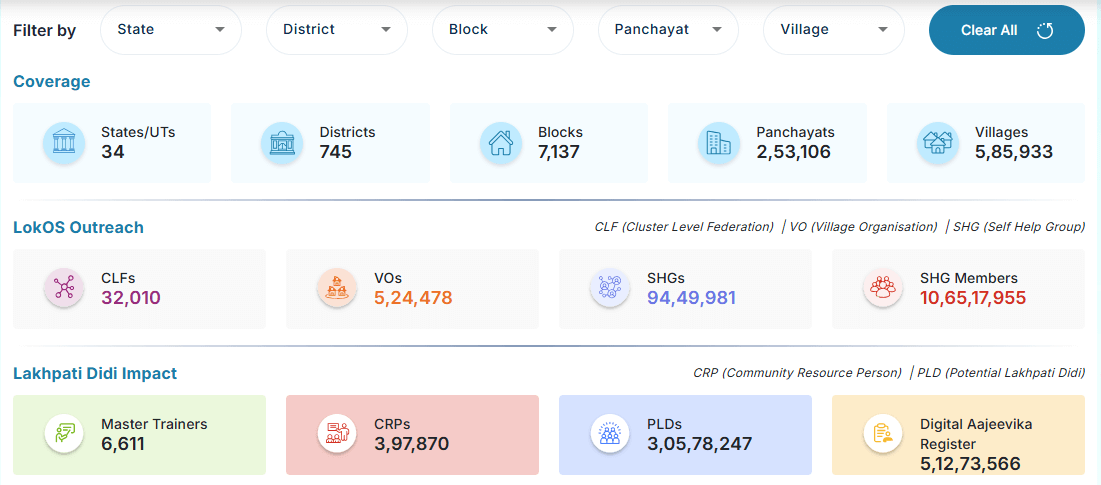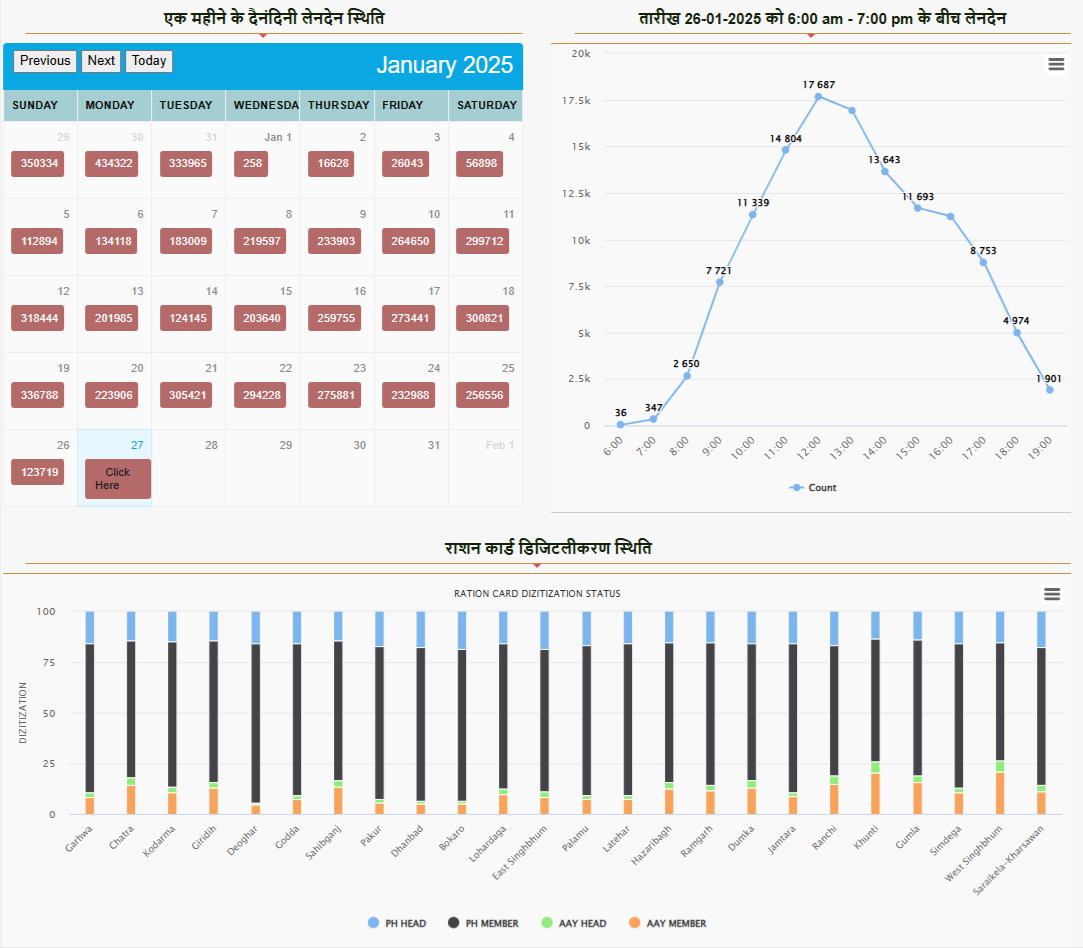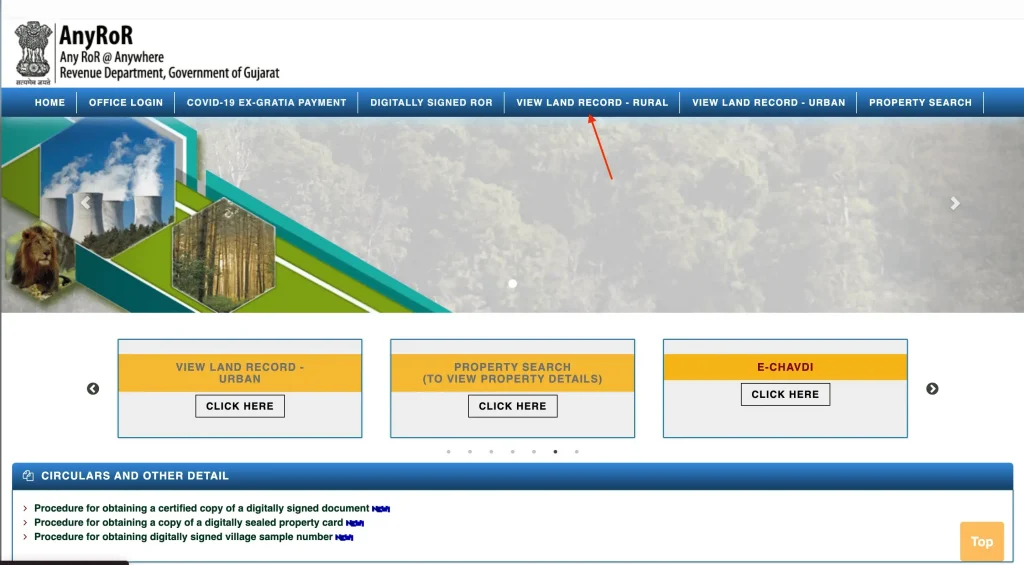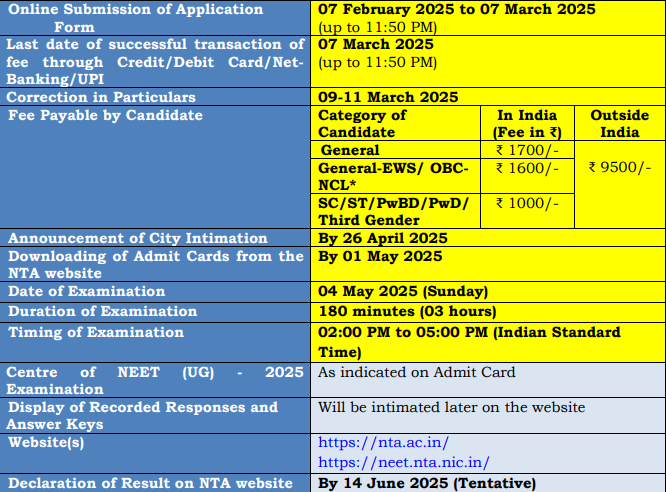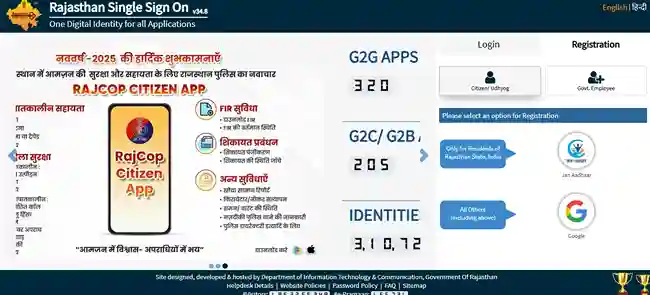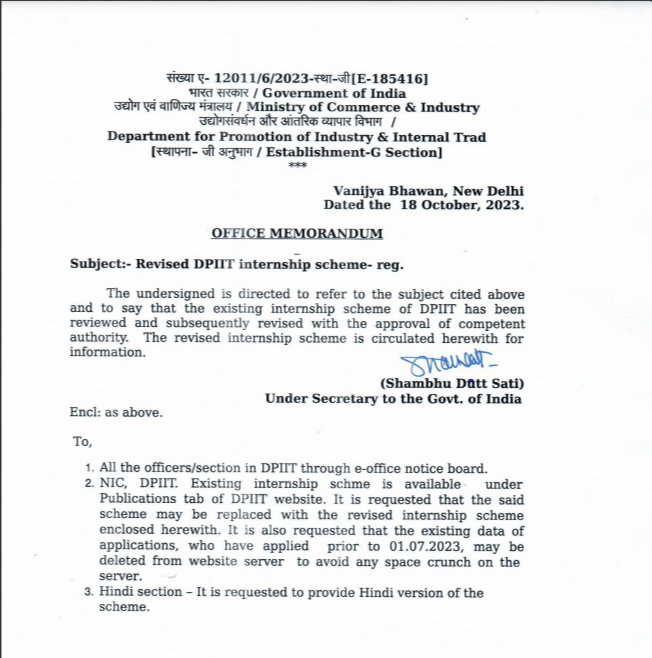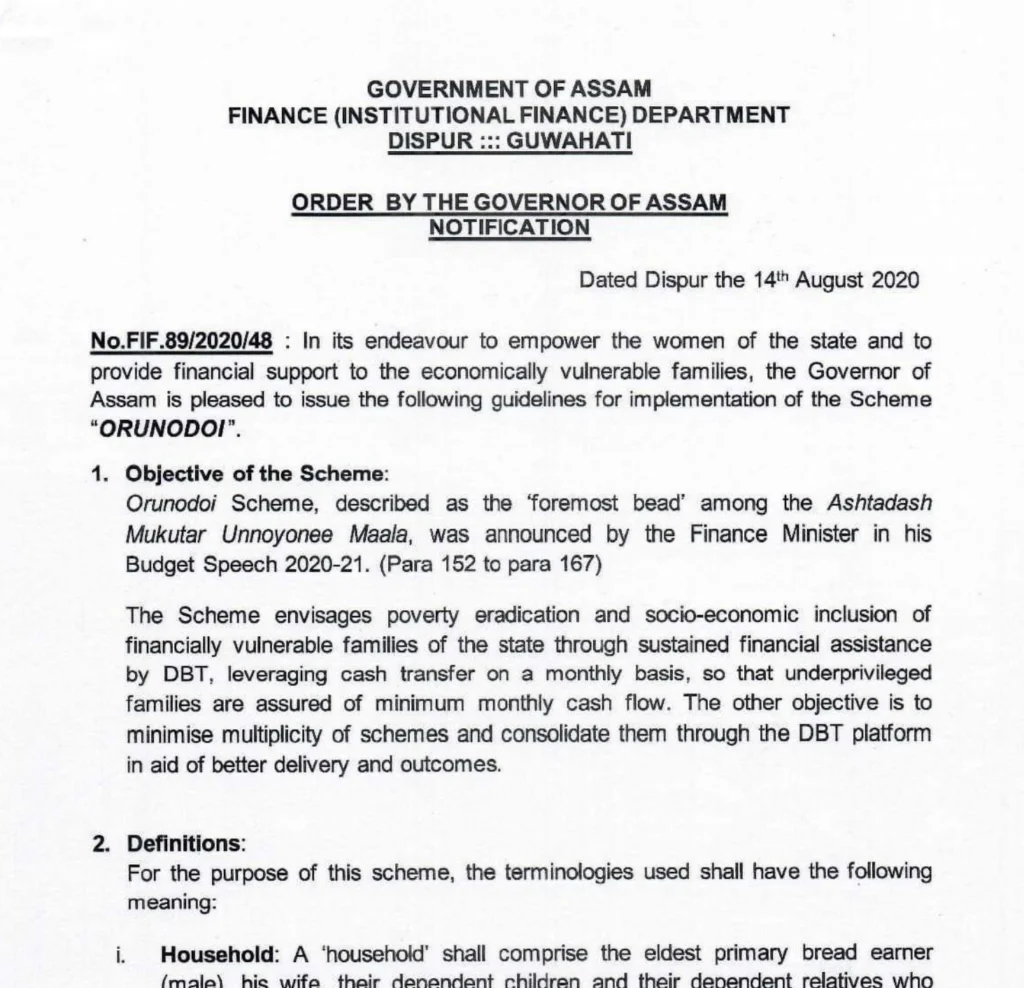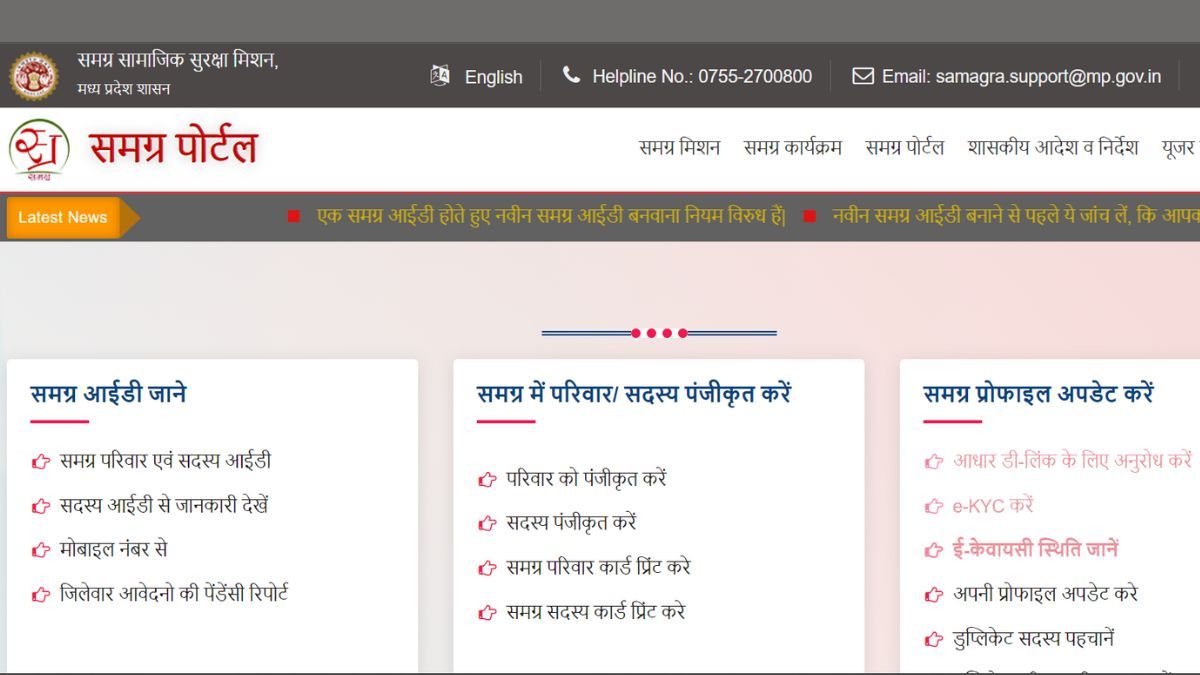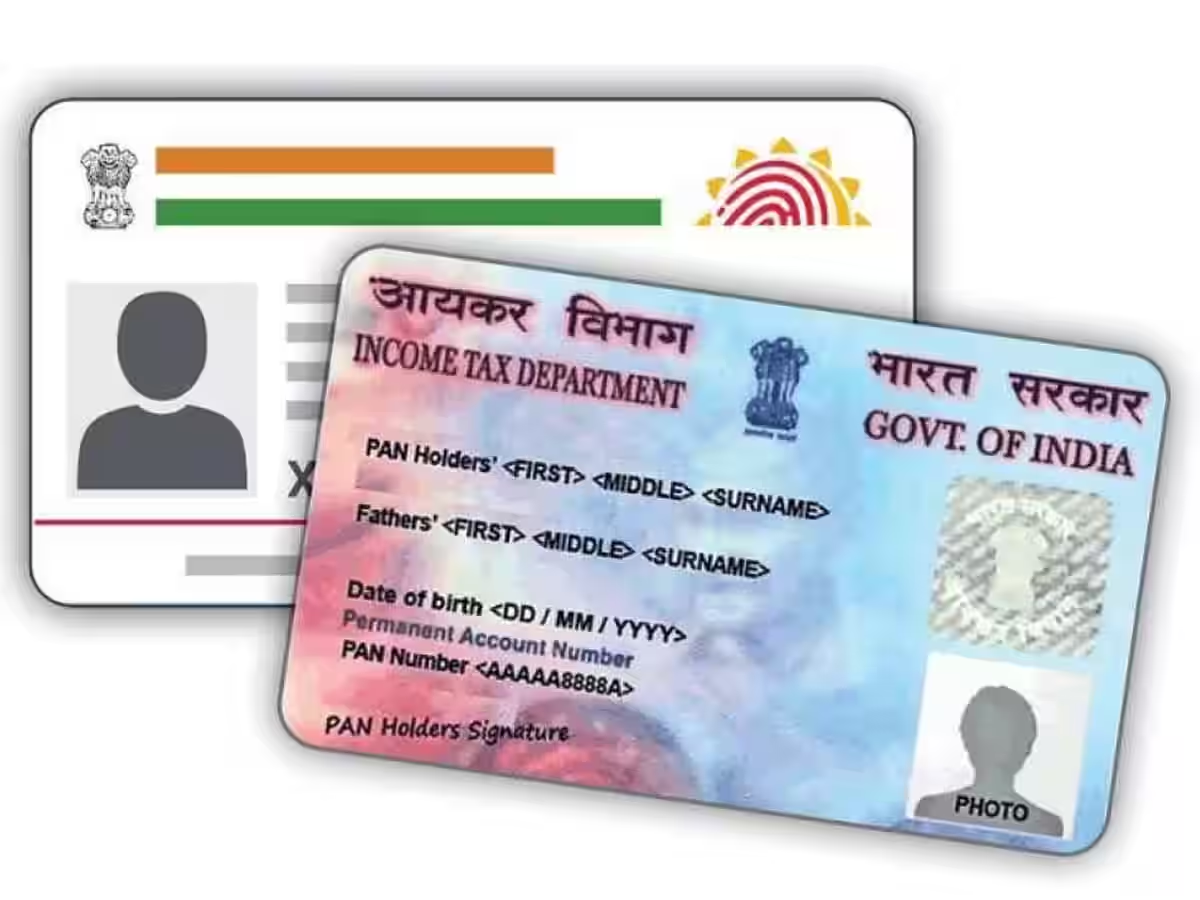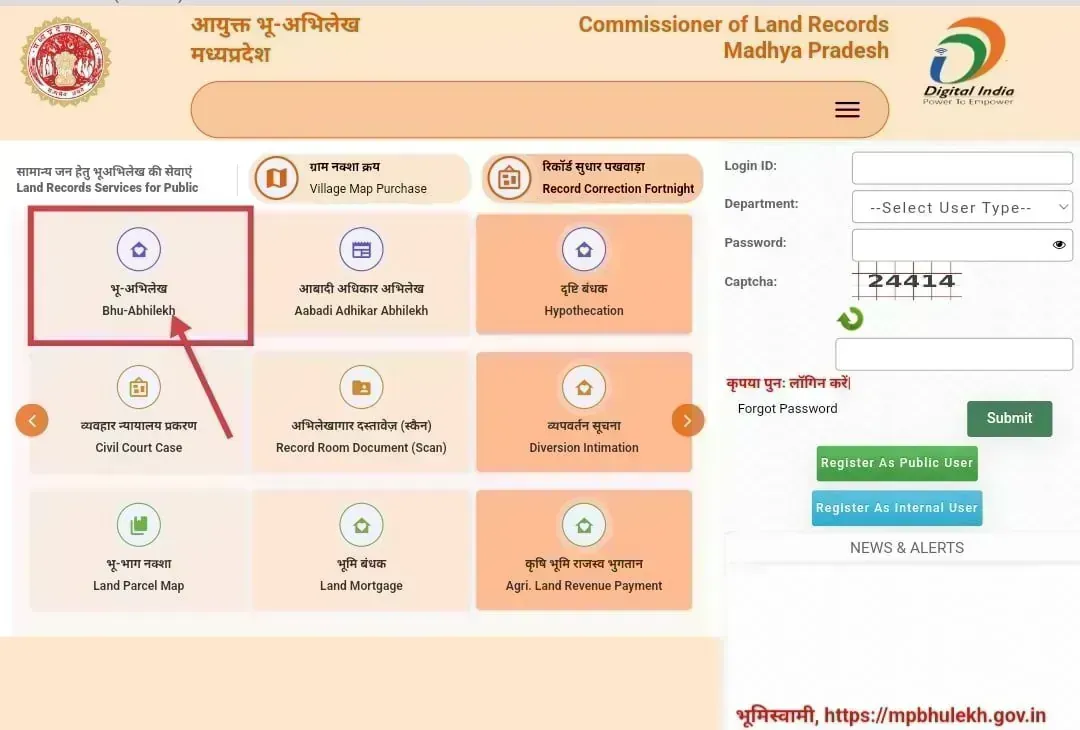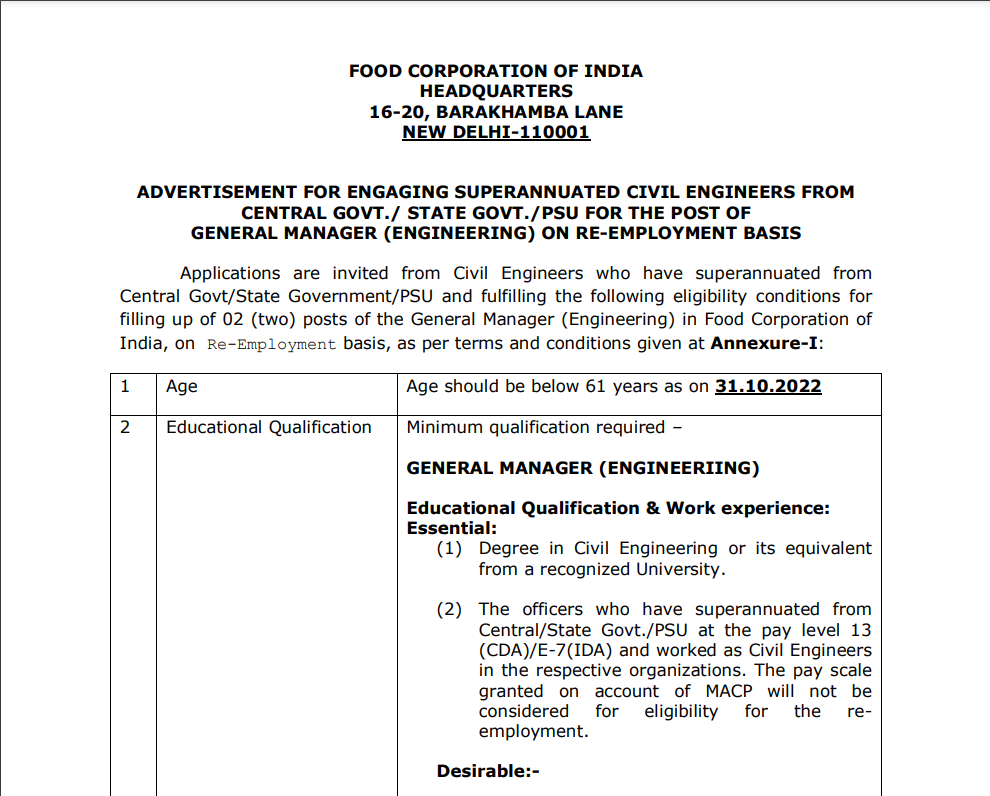
Last Updated on February 28, 2025 by Sudhir Singh
The Food Corporation of India (FCI) is preparing to announce a significant recruitment drive in 2025, aiming to fill approximately 33,566 vacancies across various categories. This guide provides an in-depth look at the FCI recruitment process, eligibility criteria, exam patterns, and preparation strategies to assist prospective candidates.
Overview of FCI Recruitment 2025
The Food Corporation of India (FCI) is a government organization responsible for ensuring the nation’s food security by managing the procurement, storage, and distribution of food grains. Established in 1965, FCI operates under the Ministry of Consumer Affairs, Food and Public Distribution.
In 2025, FCI plans to conduct a large-scale recruitment drive to fill approximately 33,566 vacancies across various categories, including managerial and assistant roles. This presents a significant opportunity for individuals seeking a career in the public sector.
FCI Recruitment 2025: Key Highlights
- Total Expected Vacancies: 33,566
- Recruiting Organization: Food Corporation of India (FCI)
- Application Mode: Online
- Selection Process: Preliminary Exam, Main Exam, Skill Test (if applicable), Document Verification
- Official Website: fci.gov.in
Expected Vacancies by Category:
| Category | Expected Vacancies |
| Category I | To be announced |
| Category II | 6,221 |
| Category III | 27,345 |
| Category IV | To be announced |
Note: The exact distribution of vacancies will be detailed in the official notification.
Read More: APAAR ID
FCI Recruitment Important Dates
While the official notification is yet to be released, the tentative schedule for FCI Recruitment 2025 is as follows:
| Event | Date |
| Release of Notification | February 2025 |
| Start of Online Application | To be announced |
| Last Date to Apply | To be announced |
| Examination Dates | To be announced |
Candidates are advised to regularly check the official FCI website (fci.gov.in) for updates.
FCI Recruitment Eligibility Criteria
Eligibility criteria vary depending on the specific position applied for. However, general requirements include:
- Nationality: Candidates must be citizens of India.
- Age Limit: The age limit typically ranges from 18 to 35 years, depending on the post. Age relaxations are applicable as per government norms.
- Educational Qualifications: Qualifications vary by position. For instance:
- Junior Engineer: A degree or diploma in Engineering relevant to the specific post.
- Assistant Grade III (General): A bachelor’s degree in any discipline from a recognized university.
- Stenographer Grade II: A graduate degree along with ‘O’ level qualification of DOEACC and proficiency in typing and shorthand as specified.
Detailed eligibility criteria will be provided in the official notification.
FCI Recruitment Application Process
The application process is conducted online. Here’s a step-by-step guide:
- Registration:
- Visit the official FCI website.
- Navigate to the recruitment section and select the desired post.
- Complete the registration by providing basic details. A provisional registration number and password will be generated.
- Filling out the Application Form:
- Log in using the provisional credentials.
- Fill in personal, educational, and other required details.
- Upload scanned copies of your photograph and signature as per the specified dimensions.
- Payment of Application Fee:
- The application fee varies by category and post. For example:
- General/OBC/EWS: ₹800
- SC/ST/PwBD/Female: Exempted
- Payment can be made through debit/credit card, net banking, or UPI.
- The application fee varies by category and post. For example:
- Final Submission:
- Review all entered information carefully.
- Submit the application and take a printout for future reference.
FCI Recruitment Selection Process
The selection process typically involves multiple stages, which may vary based on the position:
- Phase I: Preliminary Examination
- Phase II: Main Examination
- Skill Test (if applicable)
- Document Verification
Note: The exact selection process will be detailed in the official notification.
Read More: DPIIT Internship 2025
FCI Recruitment Exam Pattern
Understanding the exam pattern is crucial for effective preparation. Below is an overview of the exam patterns for various posts:
Phase I: Preliminary Examination
| Section | No. of Questions | Maximum Marks | Duration |
| English Language | 30 | 30 | 20 minutes |
| Reasoning Ability | 35 | 35 | 20 minutes |
| Numerical Aptitude | 35 | 35 | 20 minutes |
| Total | 100 | 100 | 60 minutes |
Each question carries 1 mark. There is a negative marking of 0.25 marks for each wrong answer.
Phase II: Main Examination
The Phase II exam pattern varies based on the post applied for. For instance:
- Assistant Grade III (General/Depot):
| Section | No. of Questions | Maximum Marks | Duration |
| General Aptitude | 120 | 120 | 90 minutes |
Junior Engineer (Civil/Electrical/Mechanical):
| Paper | Subject | No. of Questions | Maximum Marks | Duration |
| I | General Aptitude | 120 | 120 | 90 minutes |
| II | Relevant Engineering Discipline | 60 | 60 | 60 minutes |
Detailed exam patterns for other posts will be provided in the official notification.
FCI Recruitment Syllabus
A well-structured study plan aligned with the syllabus enhances preparation. Here’s a brief overview:
English Language
- Reading Comprehension
- Cloze Test
- Fillers
- Error Detection
- Vocabulary
Syllabus Details
A thorough understanding of the syllabus is crucial for effective preparation. Below is a detailed breakdown of the topics you need to focus on for each section of the examination.
English Language
This section assesses your proficiency in English. Key areas include:
- Reading Comprehension: Understanding and interpreting written passages.
- Cloze Test: Filling in blanks within a passage to test context understanding.
- Fillers: Choosing appropriate words to complete sentences.
- Error Detection: Identifying grammatical errors in sentences.
- Vocabulary: Synonyms, antonyms, and word meanings.
- Sentence Correction: Correcting grammatical errors in sentences.
- Jumbled Sentences: Rearranging sentences to form a coherent paragraph.
- Phrase Replacement: Replacing phrases within sentences to improve clarity or correctness.
Reasoning Ability
This section evaluates your logical and analytical thinking. Focus areas include:
- Puzzles and Seating Arrangements: Solving complex arrangements and logical puzzles.
- Direction Sense: Determining directions and distances based on given information.
- Blood Relations: Understanding and deducing family relationships.
- Syllogism: Drawing logical conclusions from given statements.
- Order and Ranking: Arranging items or individuals based on given criteria.
- Coding-Decoding: Interpreting coded language or patterns.
- Inequalities: Solving mathematical inequalities.
- Alpha-Numeric Series: Identifying patterns in sequences of letters and numbers.
- Data Sufficiency: Determining if provided data is sufficient to answer a question.
- Logical Reasoning: Analyzing arguments and drawing conclusions.
Numerical Aptitude
This section tests your mathematical skills. Key topics include:
- Data Interpretation: Analyzing and interpreting data from charts and tables.
- Number Series: Identifying patterns in sequences of numbers.
- Simplification and Approximation: Performing quick calculations and estimations.
- Quadratic Equations: Solving equations of the second degree.
- Data Sufficiency: Assessing if provided data is adequate to solve a problem.
- Miscellaneous Arithmetic Problems: Topics like Profit and Loss, Time and Work, Speed and Distance, etc.
General Studies
This section covers a broad range of topics to assess your general awareness:
- Indian History: Major events, movements, and figures in Indian history.
- Indian Economy: Basic economic concepts and current economic scenarios.
- Geography: Physical and political geography of India and the world.
- General Science: Fundamental concepts in Physics, Chemistry, and Biology up to Class X level.
- Current Affairs: Recent events of national and international importance.
- Computer Awareness: Basic knowledge of computers and their applications.
For a detailed syllabus, refer to the official notification.
FCI Recruitment Sample Questions
To give you a better understanding of the types of questions you might encounter, here are some examples:
English Language:
Reading Comprehension:
Passage: “The Food Corporation of India was established under the Food Corporations Act 1964 to fulfil objectives of the Food Policy…”
Question: What was the primary objective behind the establishment of the Food Corporation of India?
Reasoning Ability:
Question: In a certain code language, ‘FOOD’ is written as ‘GPPD’. How is ‘GRAIN’ written in that code?
Numerical Aptitude:
Question: A train travels at a speed of 60 km/h and covers a certain distance in 2 hours. How long will it take to cover the same distance if the speed is increased to 80 km/h?
General Studies:
Question: Who was the first President of independent India?
These sample questions are indicative of the format and level of difficulty you can expect in the examination. Regular practice with such questions will enhance your familiarity with the exam pattern and improve your problem-solving speed and accuracy.
Read More : MNSSBY Creadit Card
Preparation Tips
- Understand the Exam Pattern and Syllabus: Familiarize yourself with the structure and content of the exam to strategize your preparation effectively.
- Create a Study Plan: Allocate specific time slots for each subject and adhere to the schedule diligently.
- Practice Regularly: Solve previous years’ question papers and take mock tests to assess your preparation and improve time management.
- Stay Updated: Regularly read newspapers and follow reputable news portals to stay abreast of current affairs.
- Revise Consistently: Regular revision is key to retaining information and performing well in the exam.
By following these guidelines and maintaining a disciplined study routine, you can enhance your chances of success in the FCI Recruitment 2025 examination.
FCI Recruitment Cut-Off Marks
The Food Corporation of India (FCI) determines cut-off marks for its recruitment exams to shortlist candidates for subsequent selection stages.
These cut-off marks represent the minimum scores candidates must achieve to advance in the recruitment process. Analyzing previous years’ cut-off trends can provide valuable insights for aspirants preparing for the FCI Recruitment 2025.
Factors Influencing FCI Cut-Off Marks
Several factors contribute to the determination of FCI exam cut-off marks:
- Number of Vacancies: A higher number of available positions may lead to a lower cut-off, while fewer vacancies can result in a higher cut-off due to increased competition.
- Number of Applicants: An increased number of candidates can raise the cut-off marks, reflecting heightened competition.
- Exam Difficulty Level: If the examination is particularly challenging, the cut-off marks may be lower, whereas an easier exam could result in higher cut-off marks.
- Category Reservations: Government-mandated reservations for categories such as SC, ST, OBC, and PwD can influence cut-off variations across different groups.
Previous Years’ Cut-Off Marks
Reviewing past cut-off marks helps candidates gauge the competitive landscape and set realistic preparation goals.
Below are the cut-off marks from the 2018 FCI Manager recruitment for both Phase 1 and Phase 2 examinations:
FCI Manager Cut-Off 2018 – Phase 1 Examination:
| Category | Cut-Off Marks |
|---|---|
| General | 75 |
| OBC | 72 |
| SC | 65 |
| ST | 62 |
| Ex-Servicemen | 72 |
FCI Manager Cut-Off 2018 – Phase 2 Examination:
| Category | Cut-Off Marks |
|---|---|
| General | 206.3 |
| OBC | 192.5 |
| SC | 172.3 |
| ST | 166.5 |
| Ex-Servicemen | 134 |
Importance of Understanding Cut-Off Trends for FCI Recruitment
By analyzing previous years’ cut-off marks, candidates can:
- Set Target Scores: Establish realistic score goals to meet or exceed past cut-off thresholds.
- Assess Competition: Understand the competitive intensity and adjust preparation strategies accordingly.
- Identify Performance Benchmarks: Use past cut-off data to benchmark performance in mock tests and practice exams.
FCI Recruitment Preparation Strategies
Achieving success in the FCI examination requires a well-structured approach. Here are some strategies to guide your preparation:
- Understand the Exam Pattern and Syllabus:
- Familiarize yourself with the structure and marking scheme of each phase of the exam. Knowing the weightage of each section will help you allocate your study time effectively.
- Familiarize yourself with the structure and marking scheme of each phase of the exam. Knowing the weightage of each section will help you allocate your study time effectively.
- Create a Study Plan:
- Develop a realistic and structured study schedule that covers all topics systematically. Allocate more time to areas where you feel less confident, and ensure regular revision sessions to reinforce your learning.
- Develop a realistic and structured study schedule that covers all topics systematically. Allocate more time to areas where you feel less confident, and ensure regular revision sessions to reinforce your learning.
- Practice Mock Tests:
- Regularly attempt mock tests to simulate the exam environment. This practice will help you manage time efficiently, identify your strengths and weaknesses, and build confidence.
- Regularly attempt mock tests to simulate the exam environment. This practice will help you manage time efficiently, identify your strengths and weaknesses, and build confidence.
- Stay Updated with Current Affairs:
- Dedicate time daily to read newspapers, follow reputable news portals, and use monthly magazines to stay informed about national and international events. This habit will enhance your performance in the General Studies section.
- Dedicate time daily to read newspapers, follow reputable news portals, and use monthly magazines to stay informed about national and international events. This habit will enhance your performance in the General Studies section.
- Enhance Computer Proficiency:
- For positions requiring computer knowledge, ensure you are comfortable with basic software applications like MS Word, Excel, and PowerPoint. Practical experience will be beneficial, especially if there’s a Computer Proficiency Test.
- Maintain Health and Well-being:
- A healthy mind and body contribute significantly to effective preparation. Ensure you get adequate rest, engage in regular physical activity, and maintain a balanced diet to keep your energy levels up.
- Stay Positive and Motivated:
- Maintain a positive attitude throughout your preparation journey. Celebrate small milestones and remind yourself of your goals to stay motivated.
FCI Preparation Recommended Books
Selecting the right study materials is crucial for thorough preparation. Here are some expert-recommended books for various sections of the FCI exam:
Numerical Ability:
- Fast Track Objective Arithmetic by Rajesh Verma
- Magical Book on Quicker Maths by M. Tyra
English Language:
- Quick Learning Objective General English by R.S. Aggarwal
- Word Power Made Easy by Norman Lewis
Reasoning Ability:
- A New Approach to Reasoning Verbal and Non-Verbal by B.S. Sijwali
- Analytical Reasoning by M.K. Pandey
General Studies:
- General Knowledge by Lucent
- Manorama Yearbook
Note: These recommendations are based on general consensus among educators and previous candidates. It’s advisable to review multiple sources and choose the ones that best suit your learning style.
Additional Resources
To further aid your preparation, consider the following resources:
- Online Courses and Tutorials:
- Platforms like Testbook and Adda247 offer comprehensive courses tailored for FCI exam aspirants. These courses often include video lectures, practice questions, and mock tests.
- Mobile Applications:
- Educational apps can provide on-the-go learning opportunities, daily quizzes, and current affairs updates.
- Study Groups:
- Joining study groups, either online or offline, can provide support, facilitate knowledge exchange, and keep you motivated.
- Previous Year Question Papers:
- Practicing past papers will give you insight into the exam pattern and the types of questions asked.
FCI Recruitment Thoughts
Preparing for the FCI Recruitment 2025 exam is a significant undertaking that requires dedication, strategic planning, and consistent effort. By understanding the exam structure, utilizing recommended study materials, and engaging with various learning resources, you can enhance your chances of success.
Remember to maintain a balanced approach, taking care of your mental and physical well-being throughout your preparation journey. Stay focused, stay motivated, and best of luck with your exam!
Stay focused, dedicated, and well-prepared—your hard work will pay off!
For official updates, visit: fci.gov.in


